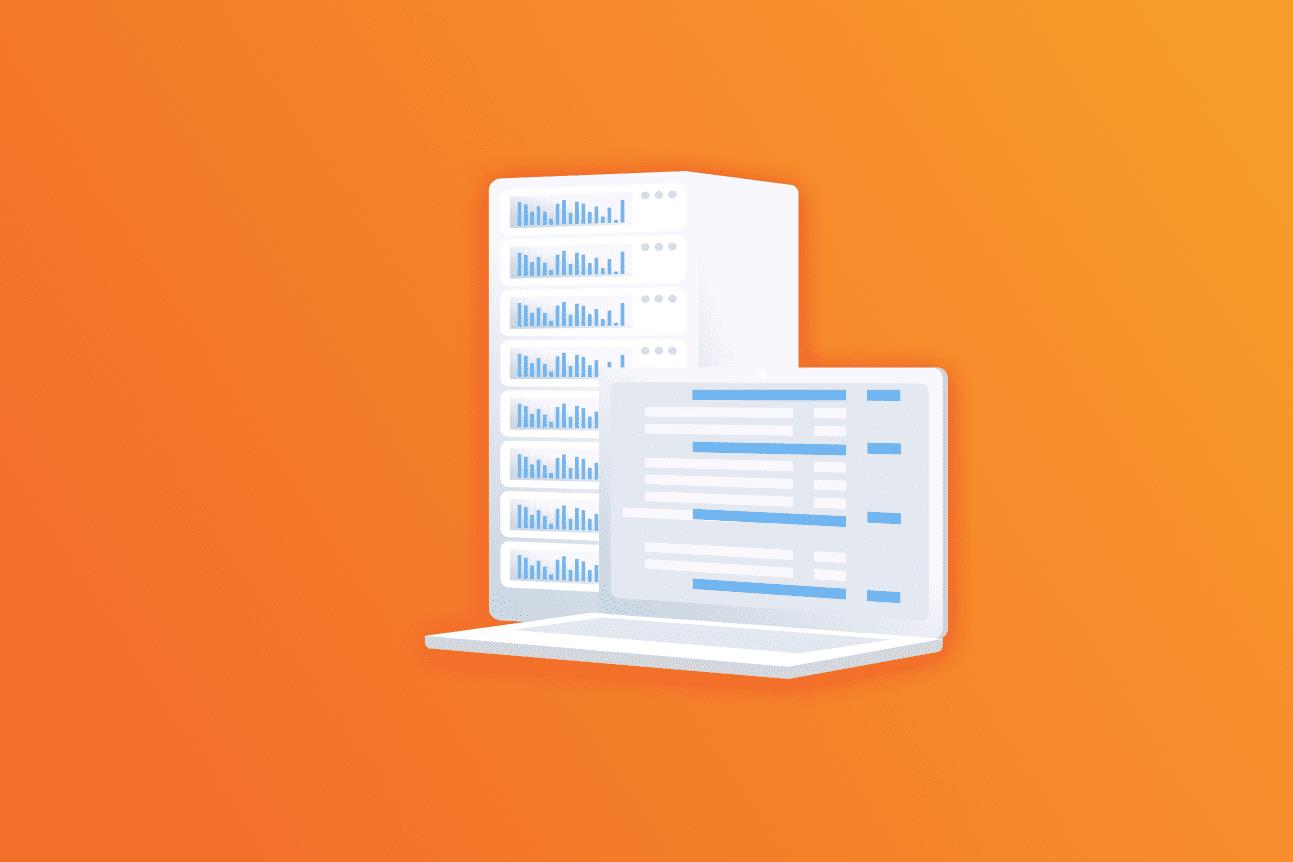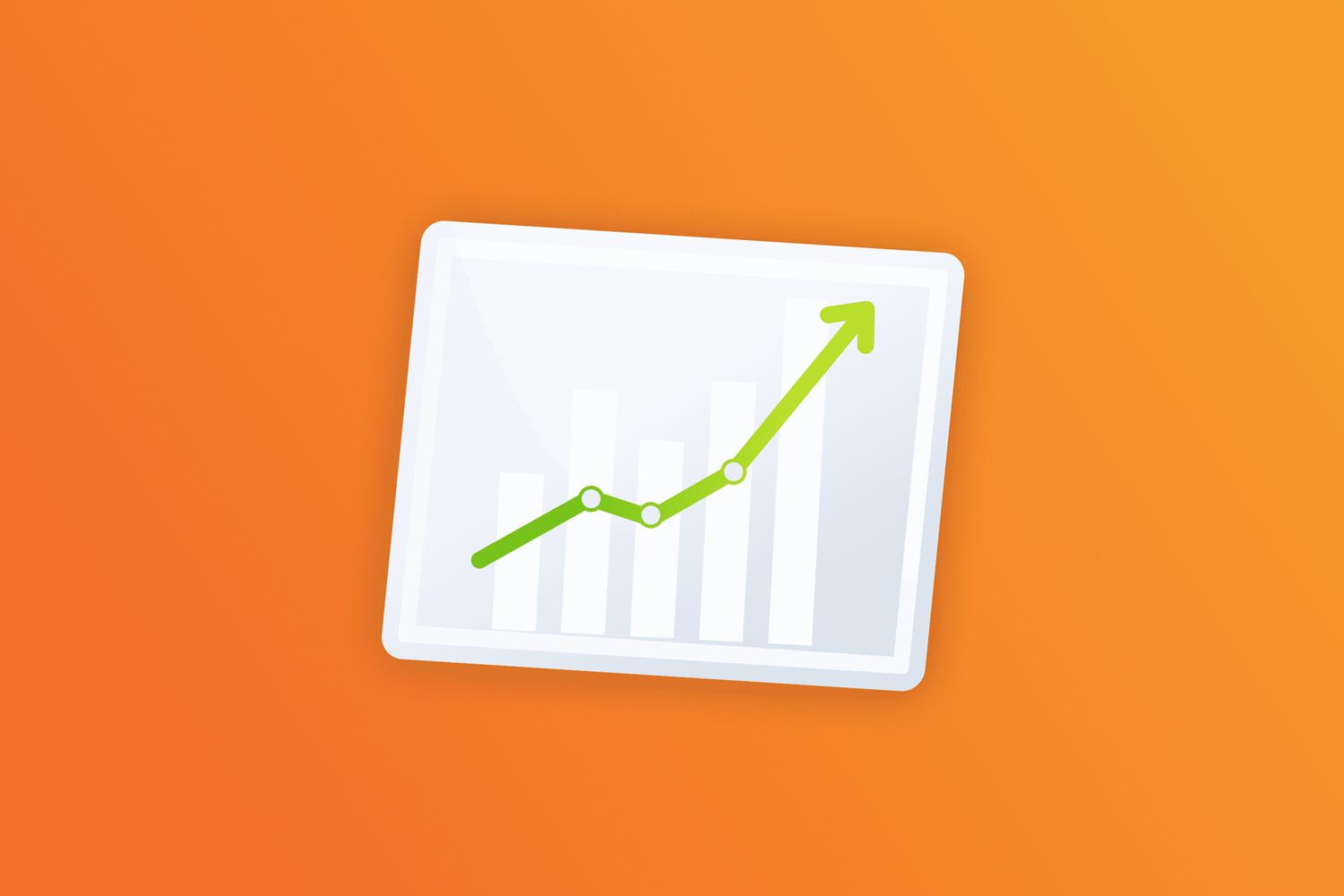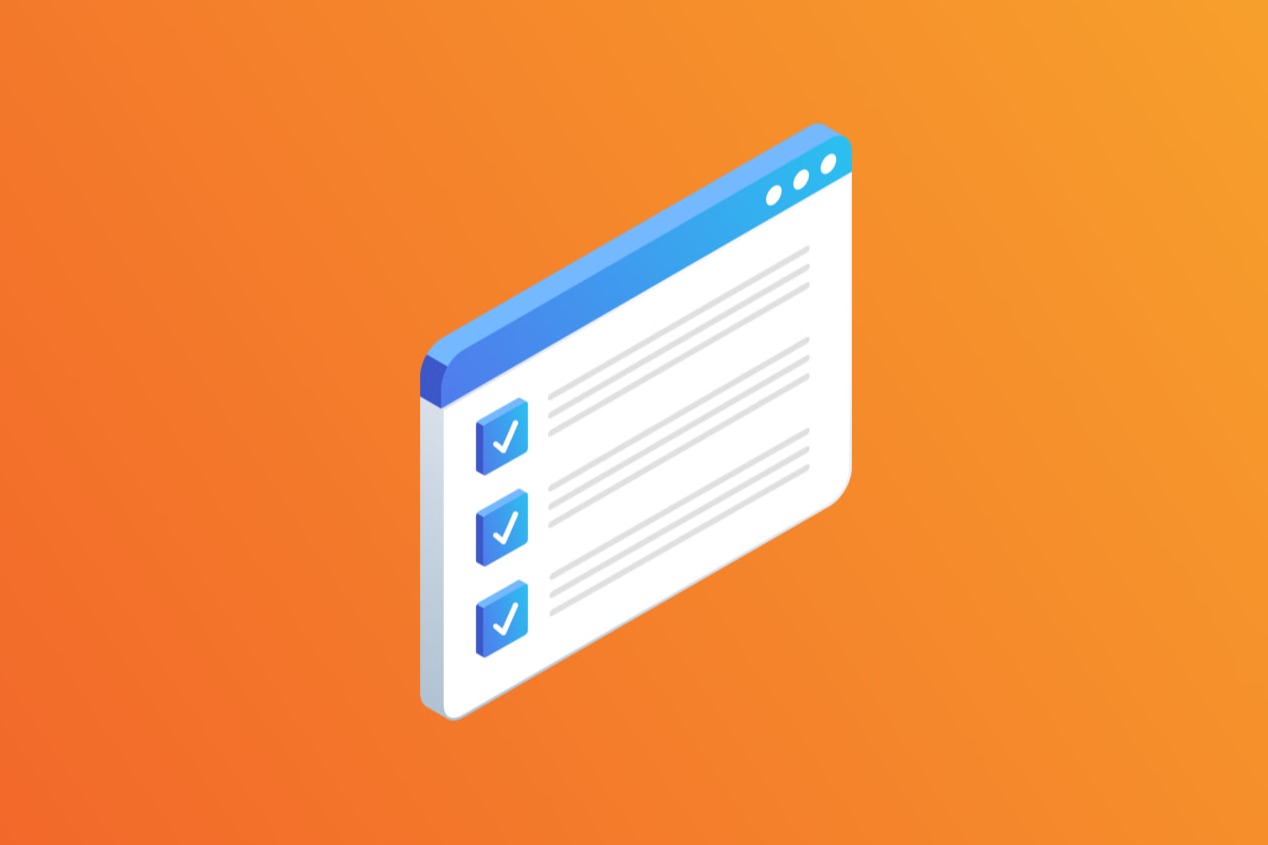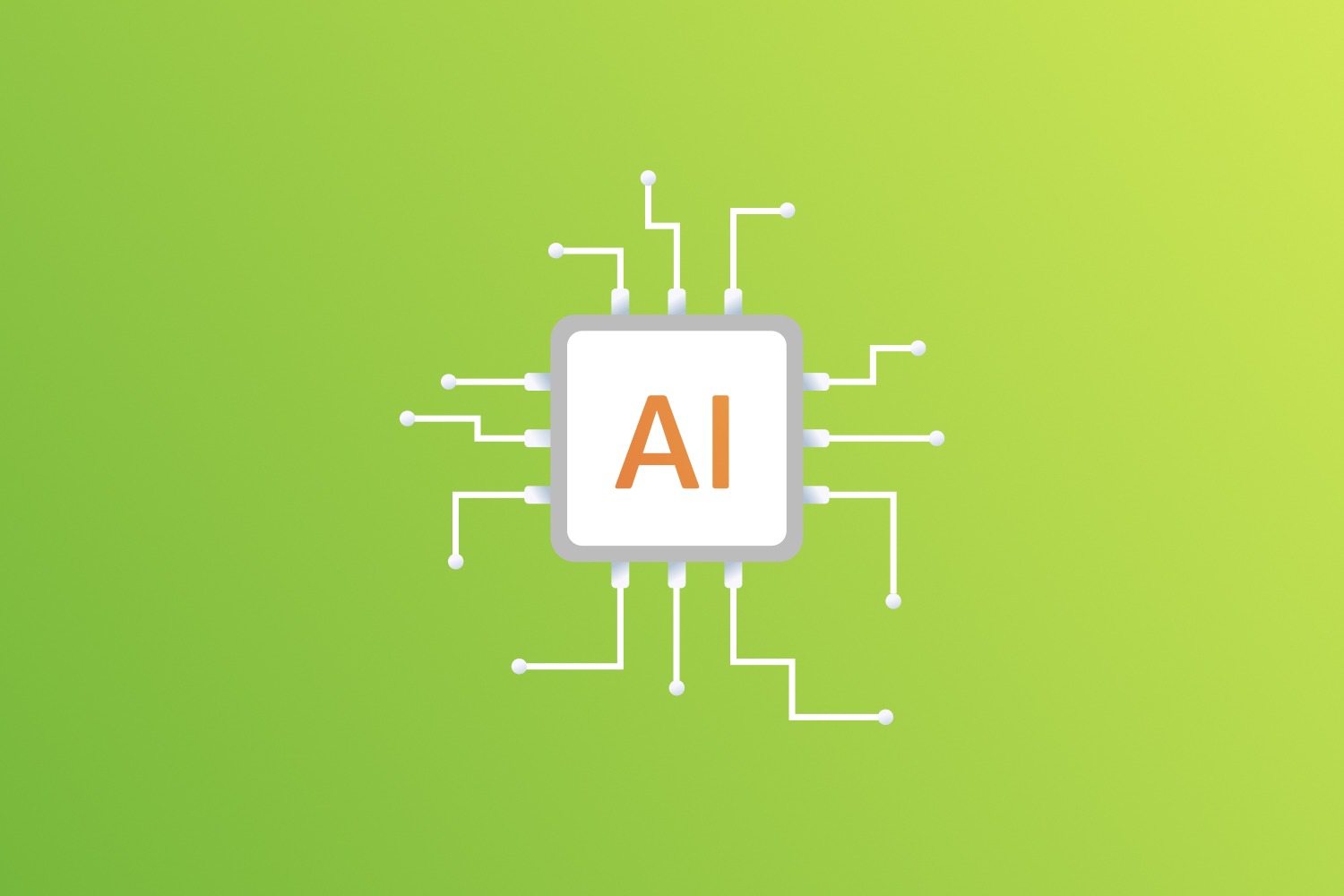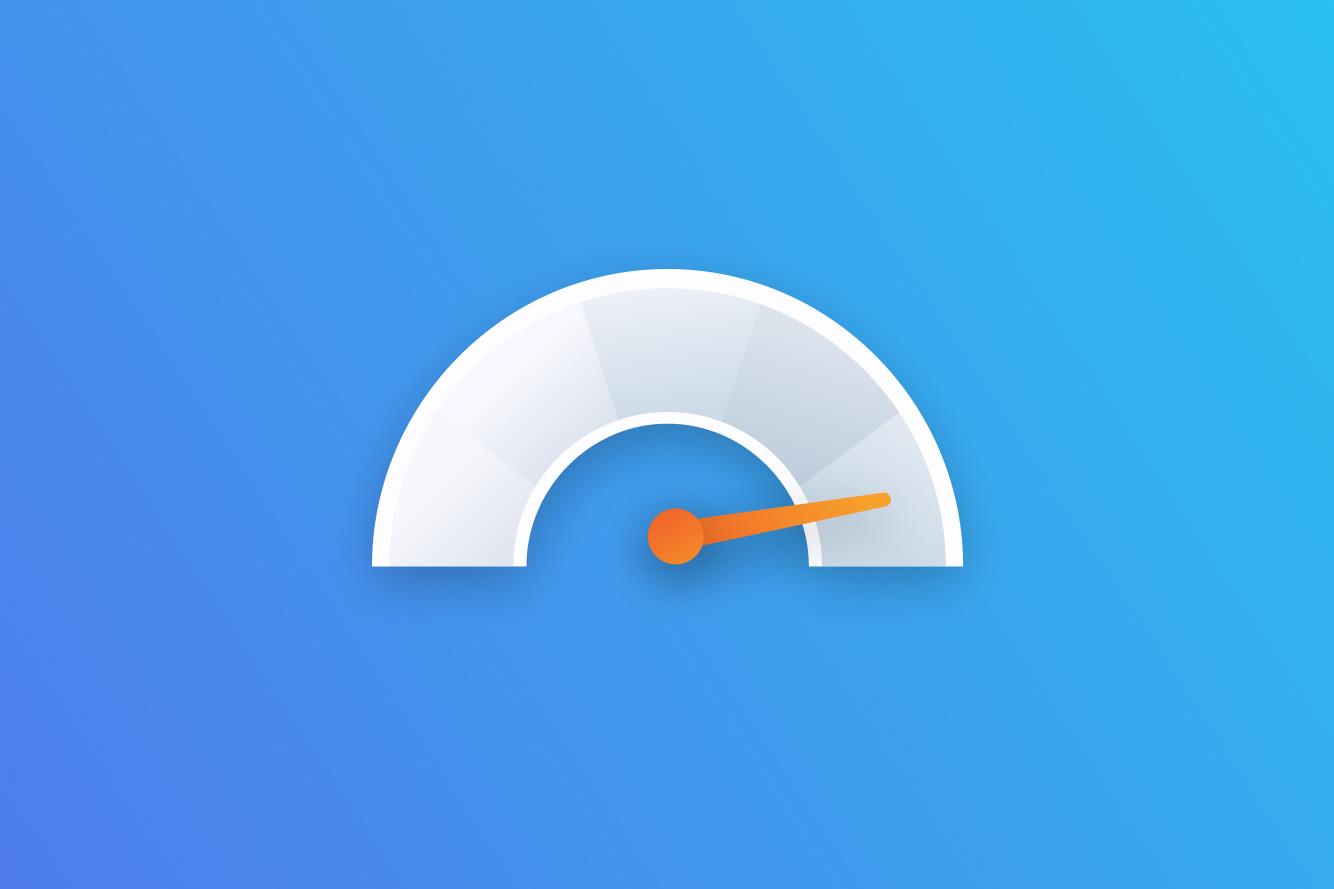What does it mean to be a data software engineer, and how to get started in this fascinating, though quite complicated field? Let’s shed some light on this topic. Volha Anishchanka and Konstantin Kaminskii, Senior Software Engineers at EPAM, are guiding us through the details and answering some most common questions from novices in the area.
What is Data Software Engineering?
Data software engineering, formerly known as Big Data, is about focusing on the infrastructure and tools used for handling large amounts of information. In this field, we not only focus on software development, including programming languages and frameworks but also on understanding different data storage and processing systems. While the variety of systems available may seem overwhelming at first, there are common aspects that link them together. Proficiency in SQL is crucial for success in data software engineering, and Python is increasingly becoming the standard programming language, although Java or Scala are still actively used.
In essence, data software engineering is a discipline that combines software engineering principles with the management, processing, and analysis of large volumes of data.
What do Data Software Engineers do?
A data software engineer is a professional who focuses on creating and maintaining software systems that handle large amounts of data. They develop applications and systems to efficiently manage, process, analyse, and visualize data, playing a vital role in organizations where data is crucial. These specialists contribute to building infrastructure for effective data management, enabling businesses to make informed decisions.
In their work, data software engineers are typically involved in database design and management, creating systems like data warehouses, data mesh, and data lakehouses. They also work on algorithms for processing data, performing tasks like data cleaning, normalization, and transformation. Dealing with technologies like Hadoop and Apache Spark, they optimize the performance of data systems and applications to handle large volumes efficiently. At this stage, their scope of work may include tuning database queries, improving code efficiency, and leveraging caching mechanisms.
Data software engineers also handle tasks such as data integration, ensuring consistency and accuracy across datasets. They address aspects of data governance, data security, and data visualization.
After processing data, tasks are scheduled for regular execution using tools like Apache Airflow. Attention then shifts to ensuring data quality, involving assessments of input and output data. Determining the infrastructure for these tasks requires knowledge of cloud technologies, providers, and platforms like Kubernetes, which is often used with tools like Airflow and Spark.
To sum up, data software engineering involves working on datastore design, data processing, data security, and software engineering to create software and algorithms for data-related tasks. Data software engineers often participate in data analysis and quality, data science, data visualization to gain insights, and data integration to run ETL processes.
Why should you consider Data Software Engineering as your career choice?
The demand for data software engineers has surged in recent years, driven by several factors:
- Explosion of data: The global volume of data has experienced exponential growth, propelled by social media, connected devices, and the Internet of Things (IoT). Data software engineers play a crucial role in developing systems capable of handling, processing, and extracting insights from this vast and intricate data.
- Data-driven decision-making: Businesses and organizations increasingly rely on data for informed decision-making. Consequently, there is a growing demand for professionals who can construct robust software systems to effectively collect, store, process, and analyze data.
- Digital transformation: Many industries are undergoing digital transformation, integrating data-driven technologies to enhance operations, improve customer experiences, and gain a competitive edge. Data software engineers are the key contributors to implementing these transformative changes.
- Adoption of cloud services: With the migration of data infrastructure to the cloud by many organizations, there is a heightened demand for professionals with expertise in cloud-based data solutions. Data software engineers are essential for designing, implementing, and managing data systems in cloud environments.
Volha Anishchanka: I began my career in IT as a Java back-end developer and later as a data scientist specializing in Python and machine learning. But after a while, I outgrew writing back-end services only, therefore I investigated data direction and eventually found out that data software engineering combines everything I enjoy: engineering, problem-solving, processing large volumes of data, and close collaboration with data scientists, data analysts, and ML engineers. Furthermore, given the exponential increase of data, being a data software engineer entails staying ahead of technological advancements and becoming a highly sought-after specialist in the labour market. Currently, as a data software engineer, I feel great about the things I can accomplish in the modern IT world.
The starter pack for a novice Data Software Engineer:
- Programming languages: Python/Java/Scala
- Deep understanding of SQL queries, joins, stored procedures, relational schemas, and SQL optimization.
- Cloud-Native stack: Databricks; Azure DataFactory; or AWS Glue, AWS EMR, Athena; or GCP DataProc, GCP DataFlow;
- Big Data stack: Spark Core, Spark SQL, Spark ML, Kafka, Kafka Connect, Airflow, Streamset;
- Data warehouse: Amazon Redshift, Google BigQuery, Azure Synapse Analytics, Snowflake
- NoSQL: CosmosDB, DynamoDB, Cassandra, HBase; MongoDB.
- Queues and stream processing: Kafka Streams; Spark Streaming;
- Data visualization: Tableau, PowerBI, or Looker.
- Strong understanding of distributed computing and parallel processing
- Version control systems (Git).
- Testing: component/ integration testing, unit testing (JUnit).
- Containerization: Docker, Kubernetes.
Difference between Data Software Engineering, Data Integration and Data DevOps
Some data-related professions are closely related, often overlap, or work closely with each other. No wonder, that switching between them is less complicated than starting from scratch. Look at some of professions that are very close, but still different from data software engineering.
Articles and videos to dive deeper into the topic:
- Big Data for Everyone. An inside into technologies of tomorrow
- Myths about Big Data, or Welcome to the Premier League
- Growing to Data Engineer Meetup
- How I got into BigData
Does this sound like a plan for your future career? Explore our educational opportunities, designed to provide a powerful boost to your career in the world of data!


